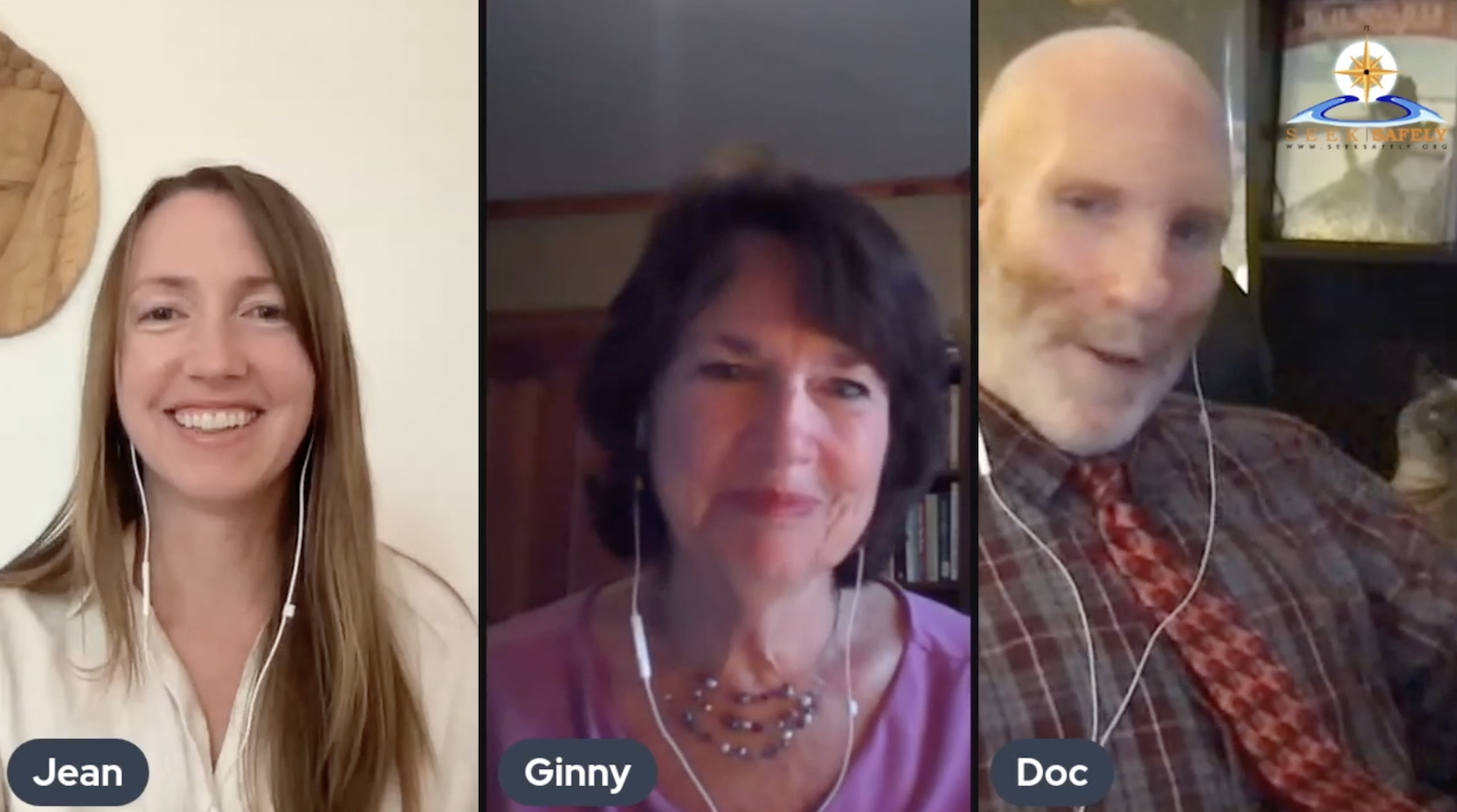
Occasionally we try to identify vulnerabilities around self-help–personality traits or life circumstances that make us especially susceptible to the messaging of predatory self-help gurus or programs.
There’s one we see that’s more of a collective, society-wide vulnerability: our expectation of quick results and instant gratification.
The way that we have developed and integrated the internet into our lives revolves a lot around the idea of convenience and instant results. We can reach people immediately through multiple channels. We place an order for an item in the morning and receive it by the afternoon without having to leave home. We can access all sorts of services virtually, immediately.
The self-help industry (along with its cousin, wellness) has risen to this challenge, and it has groomed our expectations accordingly.
Self-help has long oversold its ability to guide people through personal change with quick results. That’s why we flag self-help teachers who make promises that feel “too good to be true.” But those types of promises are still so prevalent in self-help, and in the digital era, it’s like a double whammy–the teachers/programs promise quick results and you can access their services immediately through online platforms.
Some of what that looks like:
- Mentorship through digital communication, promising personal and instant access to the “mentor”
- Zero geographical barriers to interacting with teachers–you can connect with a teacher anywhere around the world
- “Programs” delivered through apps, with ongoing subscription fees
- Constant reinforcement of the teacher’s message through immersion in their social media
The reality, as boring as it sounds, is that deep, lasting, meaningful change in our lives takes time. Whether it’s working on managing anxiety, or undertaking an effort to develop new skills in preparation for a career change, or making health improvements through lifestyle change, the results don’t come overnight. As tempting as it is to believe that something like an app can change our lives–so easy, so simple!–it’s not likely to actually happen that way.
With our society and way of interacting with the world training us to expect things immediately, and all of these teachers telling us they can give us what we want immediately, the concern is that it has become much easier for people to get sucked into a potentially problematic teacher’s world, or even that it’s just really easy to waste our money.
How do we work against this vulnerability? A few suggestions:
- Limit time online, particularly with guru-types. (And if they’re telling you you HAVE to be following their program every single day or it won’t work… honestly? Red flag.)
- Take a beat before committing to something. Avoid getting sucked in by scarcity sales tactics or infomercial-type save-big-if-you-buy-now “sales.” Before spending money or time on a resource, give yourself a cooling off period to evaluate more deeply.
- Place a higher value on yourself and your effort. When we work on ourselves, we deserve time. Think of anything promising you instantaneous results as actually undervaluing you as a complex and beautiful human.

The fact is, self-help is a slippery industry, and our digital world has made it even easier for unethical teachers to reach potential victims. We have to do a bit of extra work to weed out the problem teachers and find the good ones!
If you’ve got any tips on navigating the digital self-help landscape, share away!






Excellent points and advice.